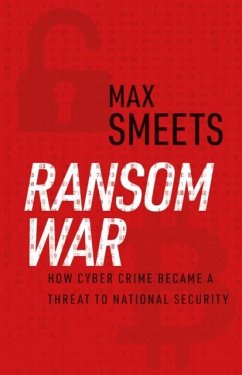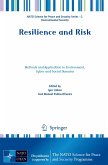Sheds light on the inner workings of the groups responsible for deploying ransomware, and on how governments and businesses can combat the threat.
This timely book explores the alarming rise of ransomware: malicious software blocking users from their systems or data, until they've paid money to regain access or to prevent the release of sensitive information. High-profile British examples of the twenty-first century have targeted national libraries and hospital trusts; in the US, hackers of Pennsylvania's Lehigh Valley Health Network held patient data hostage-when their demands went unmet, they published topless photographs of women with breast cancer.
The issue presents formidable challenges and costs for businesses, national security and, as the Pennsylvania case showed, individuals-often society's most vulnerable. But we can watch and learn from cyber extortionists, leaving us better prepared for next time. In 2022, a series of devastating ransomware attacks prompted Costa Rica's President to declare a national emergency, describing a 'state of war'. This episode had much to tell us about how these networks arise, operate, organise-and collapse.
Max Smeets' landmark study demystifies the ransomware playbook, from funding to networking. Through one of the largest ransomware operations on record, he reveals how this challenge has evolved, how it differs in substance and style from traditional cyber/hacking threats, and how to combat it.
This timely book explores the alarming rise of ransomware: malicious software blocking users from their systems or data, until they've paid money to regain access or to prevent the release of sensitive information. High-profile British examples of the twenty-first century have targeted national libraries and hospital trusts; in the US, hackers of Pennsylvania's Lehigh Valley Health Network held patient data hostage-when their demands went unmet, they published topless photographs of women with breast cancer.
The issue presents formidable challenges and costs for businesses, national security and, as the Pennsylvania case showed, individuals-often society's most vulnerable. But we can watch and learn from cyber extortionists, leaving us better prepared for next time. In 2022, a series of devastating ransomware attacks prompted Costa Rica's President to declare a national emergency, describing a 'state of war'. This episode had much to tell us about how these networks arise, operate, organise-and collapse.
Max Smeets' landmark study demystifies the ransomware playbook, from funding to networking. Through one of the largest ransomware operations on record, he reveals how this challenge has evolved, how it differs in substance and style from traditional cyber/hacking threats, and how to combat it.








